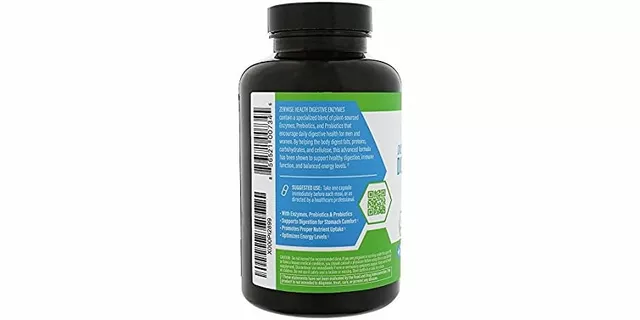Steroids: What They Are, Why People Use Them, and How to Stay Safe
Ever wondered why you hear “steroids” everywhere—from gym talk to medical articles? The word covers two very different families of drugs. On one side are anabolic steroids that athletes use to build muscle fast. On the other side are corticosteroids, the anti‑inflammatories doctors prescribe for asthma, arthritis, and skin conditions.
Both types work by changing how your body handles hormones, but they do it in opposite ways. Anabolic steroids boost protein synthesis, helping muscles grow quickly when paired with training. Corticosteroids calm down inflammation, which is why you might get a cream for eczema or an inhaler for asthma.
When Steroids Are Prescribed
If a doctor gives you a steroid, it’s usually because the benefit outweighs the risk. Common medical reasons include:
- Corticosteroids: severe allergic reactions, chronic lung disease, autoimmune disorders, and after organ transplants.
- Anabolic steroids: rare cases of hormone deficiency or muscle‑wasting diseases like AIDS.
The key is that a prescription means the dosage and duration are carefully planned. Taking more than prescribed can lead to trouble—think weight gain, mood swings, high blood pressure, or even liver damage.
Buying Steroids Online: Do It Right
Many people look for steroids on the internet because they’re hard to get in a pharmacy without a prescription. If you decide to shop online, follow these steps:
- Check licensing. Reputable pharmacies list a valid Canadian or U.S. license. Look for a clear address and contact info.
- Read reviews. Real customer feedback can reveal if a site ships authentic products or just fakes.
- Ask for a prescription. Legit sites will ask for a doctor’s note before sending any medication. If they skip this step, walk away.
- Compare prices. Extremely low prices often mean counterfeit drugs. Use price as a quality signal, not the only factor.
- Secure payment. Credit cards and PayPal offer buyer protection; avoid direct bank transfers to unknown sellers.
When you receive your package, inspect it for tamper‑evident seals and correct labeling. If anything looks off, contact the pharmacy right away.
Remember, steroids aren’t a magic shortcut. Anabolic steroids can give quick gains, but they also raise the risk of heart problems, liver issues, and hormonal imbalance. Corticosteroids help control painful inflammation, yet long‑term use may thin your bones or suppress your immune system.
If you’re considering steroids for performance, ask a health professional first. They can suggest safer alternatives—like proper nutrition, tailored workouts, or legal supplements such as protein powders and creatine.
Bottom line: steroids have real medical value when used correctly, but misuse leads to serious health issues. Stick with licensed pharmacies, keep the doctor in the loop, and stay informed about what you’re putting into your body.

Top 5 Prelone Alternatives in 2024: Effective Options for Inflammatory Conditions
As of 2024, several alternatives to Prelone provide options for treating inflammatory conditions. Each alternative, including Orapred and Dexamethasone, has unique advantages and considerations. These alternatives suit various patient needs, particularly for children and those requiring a steroid-sparing approach. Understanding the benefits and potential drawbacks of each can guide informed choice for both healthcare providers and patients.
Categories
- Medications (89)
- Health and Wellness (47)
- Pharmacy Services (15)
- Chronic Conditions (9)
- Women Health (6)
- Health and Nutrition (5)
- Medical Research (4)
- Mental Health (4)
- Child Health (2)
- Skincare (2)
Popular Articles



